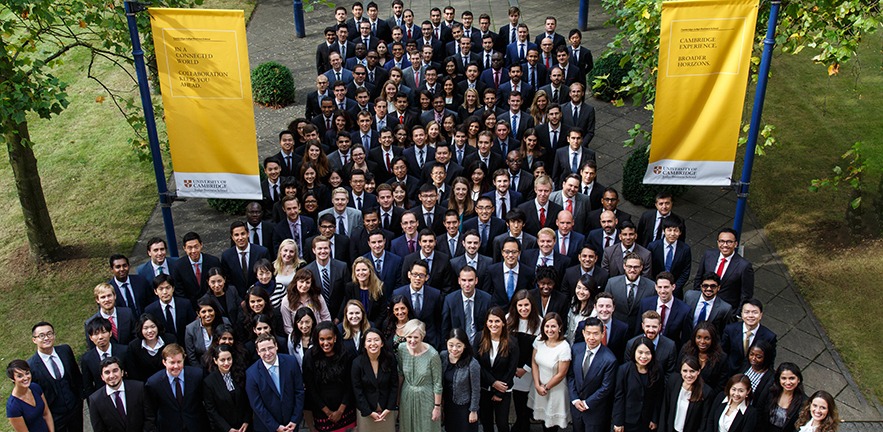The annual Financial Times global MBA rankings published today (8 February) place Cambridge Judge Business School 16th among the world’s MBA programmes and in first place for one-year MBA programmes in the UK.
The Cambridge MBA is ranked ninth globally in value for money, and 89% of alumni who responded to the survey indicated that they fulfilled their goals or reasons for doing an MBA.
Cambridge Judge is ranked 15th in career progress and 13th in international mobility, as the Business School continues to attract a diverse class from around the world and from a wide range of industry sectors.
Dean of the School, Professor Christoph Loch, said:
“As Cambridge Judge Business School enters its fourth decade, the School is proud of building a class that is noted for collaboration, entrepreneurial spirit and awareness of broader issues in society, and for offering a richer student experience.
“We are also proud of the resilience of our students, faculty, staff and alumni during the past unprecedented year, as they demonstrated innovation and flexibility in meeting challenges of the global pandemic. The School is determined to tap and preserve this innovation to benefit future student cohorts.
“While rankings can be useful, our mission and strategy has never been driven by rankings. We have always focused on delivering a practical and rigorous MBA which allows students to make a tangible difference in the world by developing personally in collaborative and entrepreneurial ways that broaden their perspectives and aspirations.
“While rankings recognise some of our achievements, the survey’s heavy focus on salary does not reflect all the goals and values of our programmes.”


